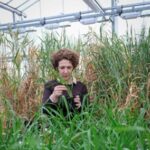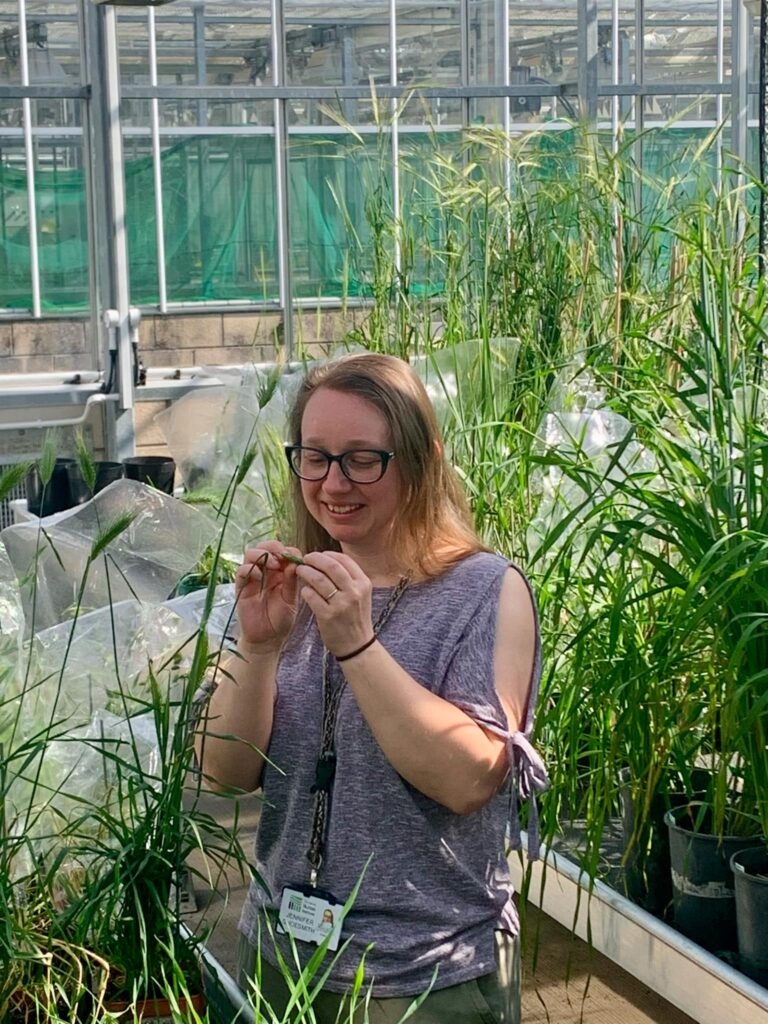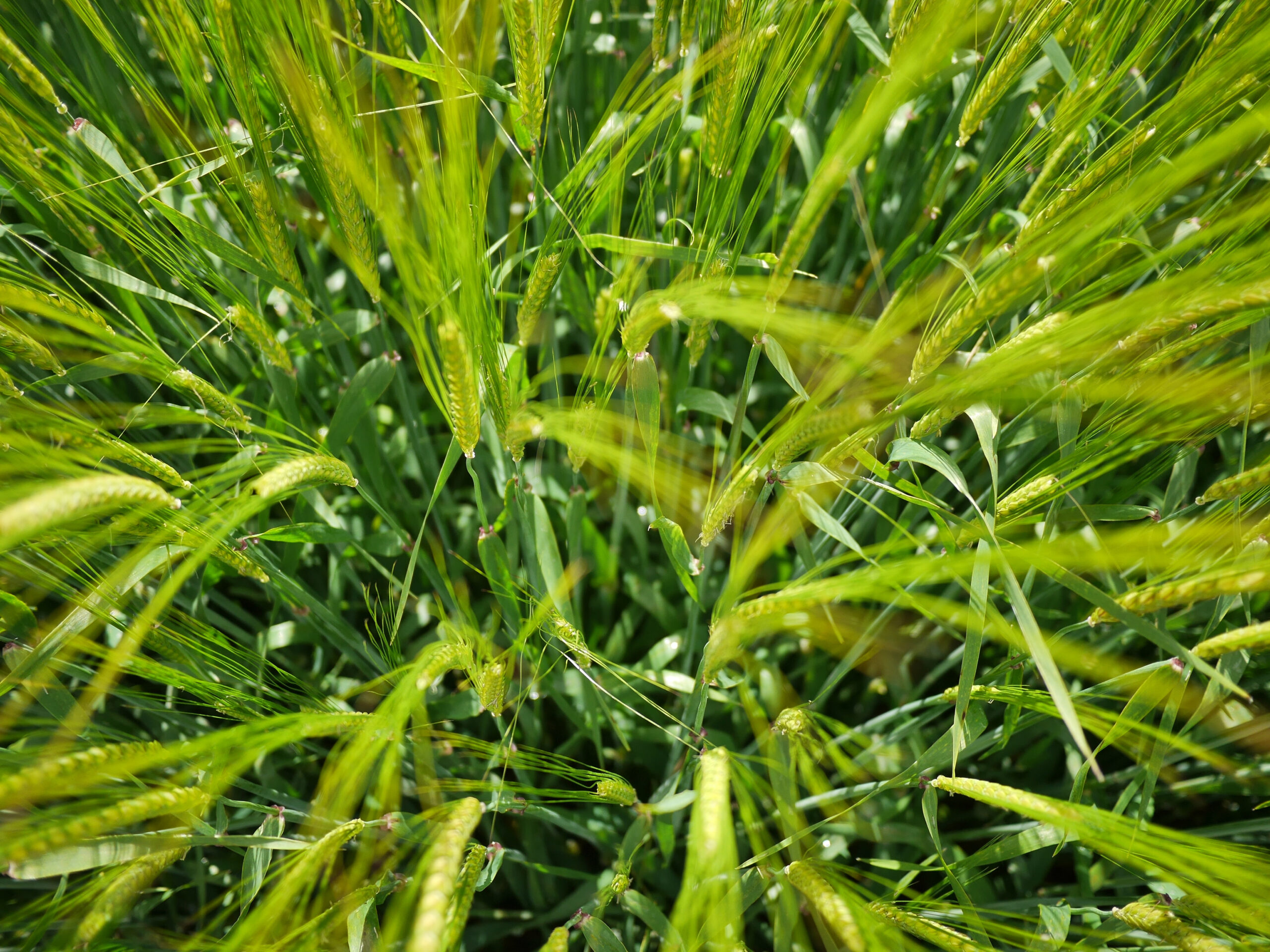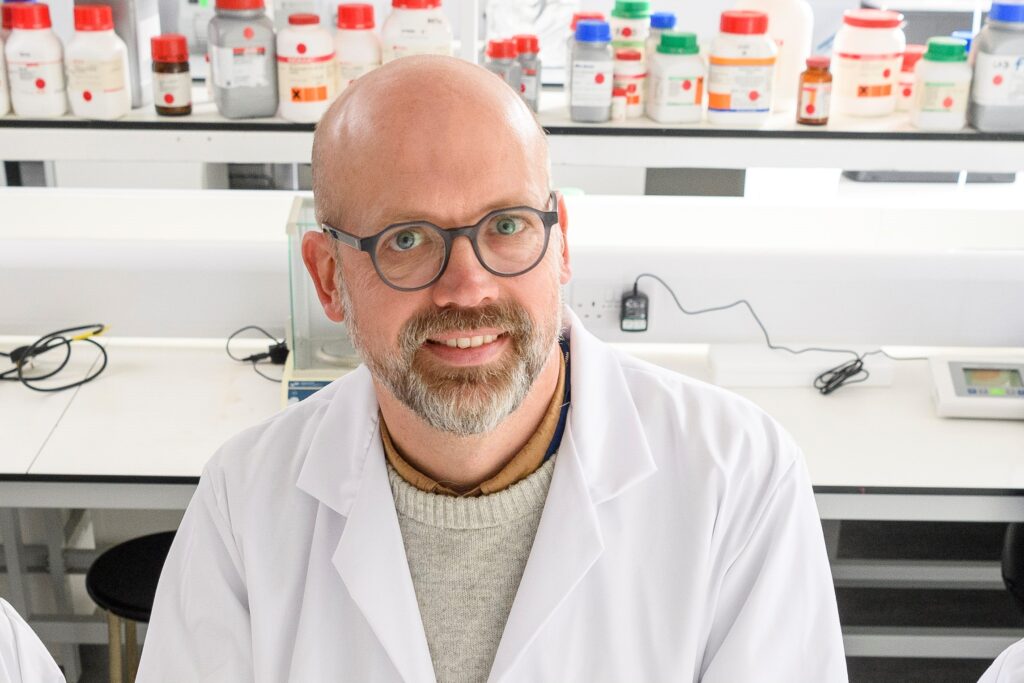
Prof Robbie Waugh
Professor in Plant Genomics, The University of Dundee
01382 568734
robbie.waugh@hutton.ac.uk

Dr Martin Balcerowicz
Royal Society University Research Fellow and Independent Investigator, University of Dundee

Dr Jorunn Bos
Cell and Molecular Sciences
Royal Society Fellow
jorunn.bos@hutton.ac.uk
+44 (0)344 928 5428 (*)

Dr Davide Bulgarelli
Senior Lecturer (Teaching and Research), University of Dundee at the James Hutton Institute, Invergowrie
01382 568934
https://www.lifesci.dundee.ac.uk/people/davide-bulgarelli
d.bulgarelli@dundee.ac.uk

Dr Isabelle Colas
Cell and Molecular Sciences , The James Hutton Institute
+44 (0) 1382 568962

Dr Piers Hemsley
University of Dundee

Dr Kelly Houston
Deputy Director of the International Barley Hub, Barley Geneticist
01382 568960
kelly.houston@hutton.ac.uk

Dr Edgar Huitema
Cell and Molecular Sciences
Principal Investigator
edgar.huitema@hutton.ac.uk
+44 (0)344 928 5428 (*)

Dr Pete Iannetta
Head of Ecological Food Systems
Agroecology Group
Dept. of Ecological Sciences
07736307189
pete.iannetta@huttopn.ac.uk

Alison Lees
Cell and Molecular Sciences
Head of Department
+44 (0)1382 568834

Dr Alison Karley
Head of
Ecological Sciences Department, The James Hutton Institute
01382 568820
alison.karley@hutton.ac.uk

Dr Sarah McKim
Senior Lecturer and Principal Investigator, Division of Plant Sciences, University of Dundee
01382 568916
smckim@dundee.ac.uk

Mr Dan Langford
Business Development Manager, International Barley Hub, The James Hutton Institute
+44 (0) 7735 230639
dan.langford@hutton.ac.uk

Dr Roy Neilson
Group Leader, Plant-Soil Interactions, The James Hutton Institute
Invergowrie, Dundee, DD2 5DA
01382 568814
roy.neilson@hutton.ac.uk

Dr Eric Paterson
Principal Scientist, Plant-Soil Interactions
The James Hutton Institute, Ecological Sciences
+44 (0)344 928 5428
eric.paterson@hutton.ac.uk

Dr Mike Rivington
Senior Scientist
The James Hutton Institute
0344 9285428
mike.rivington@hutton.ac.uk

Dr Joanne Russell
Barley Geneticist
Cell and Molecular Sciences
James Hutton Institute
Dundee, UK
01382568857
joanne.russell@hutton.ac.uk

Dr Paul D. Shaw
Senior Research Scientist Bioinformatics/Information Systems, International Barley Hub / The James Hutton Institute
01382 568864
paul.shaw@hutton.ac.uk

Dr Sébastien Bélanger
Principal Investigator – Tenure track, Cell and Molecular Sciences, The James Hutton Institute and Barley International Hub
sebastien.belanger@hutton.ac.uk

Dr Linda Milne
Bioinformatics specialist, Information and Computing Sciences, The James Hutton Institute

Dr Miriam Schreiber
Computational Biologist in crop research, Information and Computational Science group, James Hutton Institute, Dundee

Sebastian Raubach
Bioinformatics Research Software Engineer, Information & Computational Sciences Department, James Hutton Institute, Dundee
sebastian.raubach@hutton.ac.uk

Dr Chiara Campoli
Barley geneticist, Cell and Molecular Sciences, the James Hutton Institute/International Barley Hub (IBH)

Malcolm Macaulay
Barley Molecular Geneticist
Cell and Molecular Sciences
James Hutton Institute
Dundee, UK
01382568845

Dr Yunqing Yu
UKRI Future Leaders Fellow, Cell and Molecular Sciences, the James Hutton Institute/International Barley Hub

Jennifer Shoesmith
Postdoctoral Researcher, Cell and Molecular Sciences

Dr Tracy Valentine
Root Biologist, Ecological Sciences, James Hutton Institute
+44 (0)344 928 5428
tracy.valentine@hutton.ac.uk













